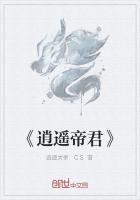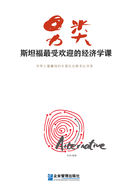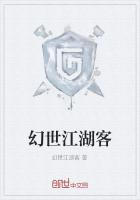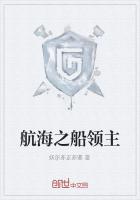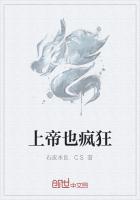Feudalism was intensely aristocratic. A line was drawn between the noble and ignoble classes almost as broad as that which separates liberty from slavery. It was next to impossible for a peasant, or artisan, or even a merchant to pass that line. The exclusiveness of the noble class was intolerable. It held in scorn any profession but arms; neither riches nor learning was of any account. It gloried in the pride of birth, and nourished a haughty scorn of plebeian prosperity. It was not until cities and arts and commerce arose that the arrogance of the baron was rebuked, or his iron power broken. Haughty though ignorant, he had no pity or compassion for the poor and miserable. His peasantry were doomed to perpetual insults. Their corn-fields were trodden down by the baronial hunters; they were compelled even to grind their corn in the landlord's mill, and bake their bread in his oven. They had no redress of injuries, and were scorned as well as insulted. What knight would arm himself for them; what gentle lady wept at their sorrows? The feeling of personal consequence was entirely confined to the feudal family. The poorest knight took precedence over the richest merchant. Pride of birth was carried to romantic extravagance, so that marriages seldom took place between different classes. A beautiful peasant girl could never rise above her drudgeries; and she never dreamed of rising, for the members of the baronial family were looked up to as superior beings. A caste grew up as rigid and exclusive as that of India. The noble and ignoble classes were not connected by any ties; there was nothing in common between them. Even the glory of successful warfare shed no radiance on a peasant's hut. He fought for his master, and not for himself, and scarcely for his country. He belonged to his master as completely as if he could be bought and sold. Christianity teaches the idea of a universal brotherhood; Feudalism suppressed or extinguished it. Peasants had no rights, only duties,--and duties to hard and unsympathetic masters. Can we wonder that a relation so unequal should have been detested by the people when they began to think? Can we wonder it should have created French Revolutions? When we remember how the people toiled for a mail-clad warrior, how they fought for his interests, how they died for his renown, how they were curtailed in their few pleasures, how they were not permitted even to shoot a pheasant or hare in their own grounds, we are amazed that such signal injustice should ever have been endured. It is impossible that this injustice should not have been felt; and no man ever became reconciled to injustice, unless reduced to the condition of a brute. Religious tyranny may be borne, for the priest invokes a supreme authority which all feel to be universally binding. But all tyranny over the body--the utter extinction of liberty--is hateful even to the most degraded Hottentot.
Why, then, was such an unjust and unequal relation permitted to exist so long? What good did it accomplish? What were its extenuating features? Why was it commended by historians as a good institution for the times?
It created a hardy agricultural class, inured them to the dangers and the toils of war, bound them by local attachments, and fostered a patriotic spirit. It developed the virtues of obedience, and submission to evils. It created a love of home and household duties. It was favorable to female virtue. It created the stout yeomanry who could be relied upon in danger. It made law and order possible. It defended the people from robbers. It laid a foundation for warlike prowess. It was favorable to growth of population, for war did not sweep off the people so much as those dire plagues and pestilences which were common in the Middle Ages.
It was preferable to the disorders and conflagrations and depredations of preceding times. The poor man was oppressed, but he was safe so long as his lord could protect him. It was a hard discipline, but a discipline which was healthy; it preserved the seed if it did not bear the fruits of civilization. The peasantry became honest, earnest, sincere. They were made susceptible of religious impressions. They became attached to all the institutions of the Church; the parish church was their retreat, their consolation, and their joy. The priest held sway over the soul and the knight over the body, but the flame of piety burned steadily and warmly.
When the need of such an institution as Feudalism no longer existed, then it was broken up. Its blessings were not commensurate with its evils; but the evils were less than those which previously existed. This is, I grant, but faint praise. But the progress of society could not be rapid amid such universal ignorance: it is slow in the best of times. I do not call that state of society progressive where moral and spiritual truths are forgotten or disregarded in the triumphs of a brilliant material life. There was no progress of society from the Antonines to Theodosius, but a steady decline. But there was a progress, however slow, from Charlemagne to Philip Augustus. But for Feudalism and ecclesiastical institutions the European races might not have emerged from anarchy, or might have been subjected to a new and withering imperialism. Say what we will of the grinding despotism of Feudalism,--and we cannot be too severe on any form of despotism,--yet the rude barbarian became a citizen in process of time, with education and political rights.






